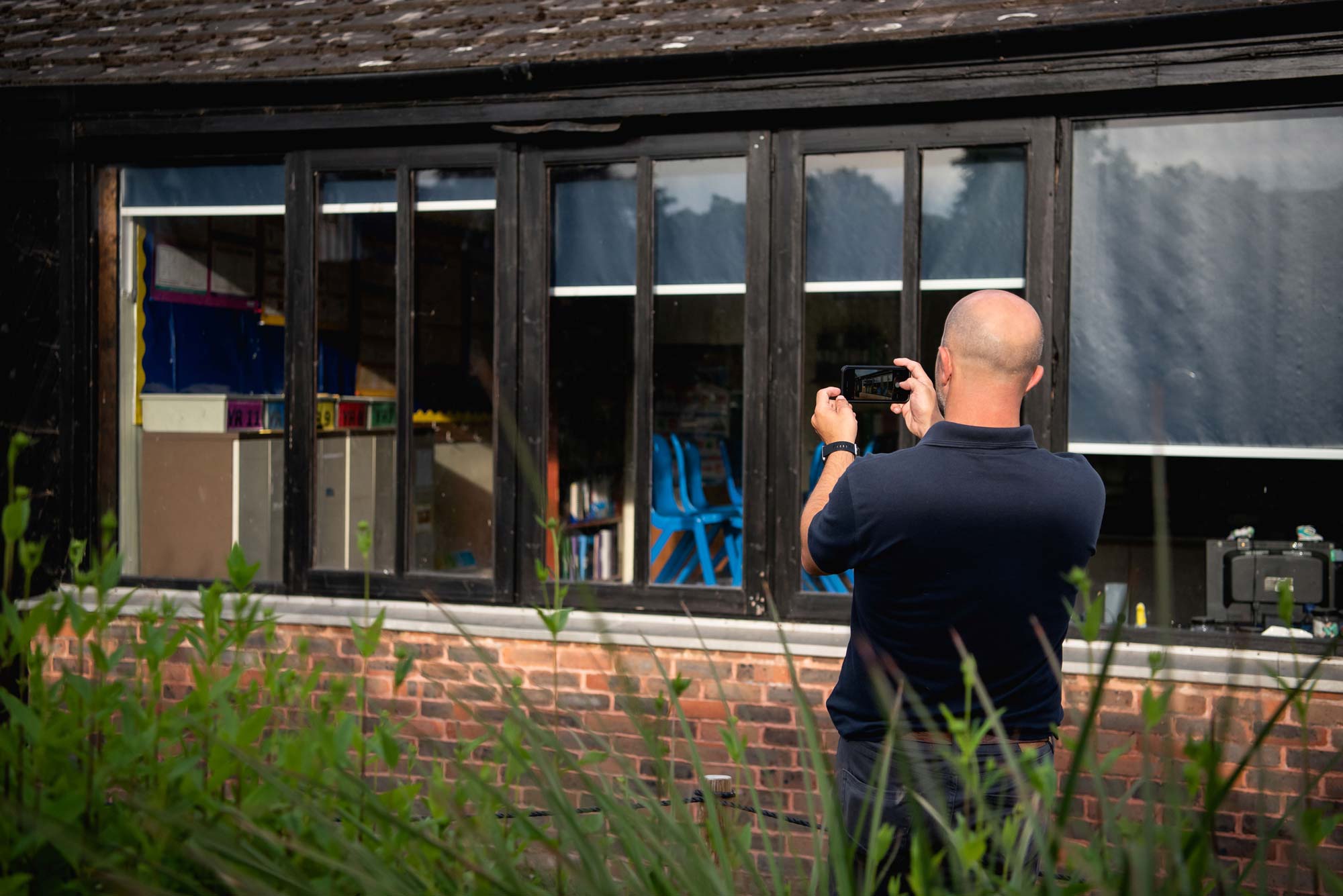
Preparing for Summer Break: Preventing Legionella in School Water Systems
As schools prepare for the long summer break, attention often shifts to deep cleaning, scheduled maintenance and administrative planning. However, one critical safety concern often goes under the radar: Legionella bacteria in school water systems.
With buildings left partially or entirely unused during the summer, the risk of Legionella proliferation increases significantly. At Summit Environmental, we work with schools and institutions to proactively manage these risks, ensuring your water systems remain safe, compliant and fit for purpose when students and staff return.
What Is Legionella?
Legionella is a naturally occurring bacteria found in freshwater environments. However, in man-made systems it can multiply rapidly under the right conditions. When aerosolised water droplets containing Legionella are inhaled, they can cause Legionnaires’ disease, a serious and potentially fatal type of pneumonia.
Schools are particularly vulnerable due to:
- Complex water systems
- Reduced occupancy during holidays
- Warm summer temperatures
- Aging infrastructure
These factors combine to create a perfect storm for bacterial growth if water systems are not actively managed during periods of low use.
Why Summer Closures Increase Legionella Risk
During summer breaks, schools often experience:
- Stagnant water in pipes, tanks, and outlets due to low or no usage
- Increased ambient temperatures, which support bacterial growth
- Intermittent maintenance routines, leading to gaps in control measures
Legionella thrives in water between 20°C and 45°C, making summer the peak risk period. Without proper control, systems that are idle for several weeks may become contaminated and unsafe by the time staff and students return.
Your Legal Responsibilities
Under UK law, schools must ensure their water systems do not pose a health risk.
This means schools are legally required to:
- Conduct a Legionella risk assessment
- Establish a written scheme of control
- Implement and monitor control measures
- Keep accurate records of all actions
Essential Steps to Prevent Legionella Over the Summer
Our approach to Legionella prevention is practical, effective and fully compliant with current guidance. Here's what we recommend for educational settings during the summer break:
1. Conduct a Site-Specific Legionella Risk Assessment
A comprehensive risk assessment is the foundation of Legionella control. At Summit Environmental, our assessments are tailored to the specific needs of your school or trust. We review your entire water system, identify risks and help you implement a robust management plan that aligns with the latest legislation and best practices.
Our reports highlight:
- High-risk areas (e.g. dead legs, infrequently used outlets)
- Control measure deficiencies
- Prioritised remedial actions
2. Set Up a Flushing and Maintenance Schedule
During the summer, implement a weekly flushing regime for all outlets, particularly those that are rarely used, such as:
- Changing room showers
- Laboratory sinks
- Drinking fountains
- Food tech and cleaning areas
Flush both hot and cold outlets long enough to draw fresh water into the system and maintain temperatures outside Legionella’s growth range.
3. Monitor Water Temperatures
Legionella multiplies in water between 20°C and 45°C. To mitigate this:
- Ensure cold water is below 20°C
- Maintain hot water storage at 60°C or above
- Check that outlets deliver hot water at a minimum of 50°C
Regular temperature checks should be logged as part of your control scheme.
4. Clean and Disinfect Key Equipment
Before reopening, ensure that:
- Shower heads and hoses are cleaned and disinfected
- Taps and aerators are descaled
- Water storage tanks are inspected and cleaned if necessary
If the system has been dormant for several weeks, a full disinfection of the water system may be appropriate.
5. Remove Redundant Pipework
Sections of unused pipework can harbour stagnant water and increase Legionella risk. These should be identified and removed where possible as part of your long-term water safety strategy.
6. Consider Legionella Sampling
While not always mandatory, Legionella testing is advisable in high-risk settings or where control measures have been disrupted. Summit Environmental offers UKAS-accredited water sampling and analysis, with fast turnaround and actionable reports.
7. Train Your Team
Ensure that caretakers and site staff are properly trained in flushing procedures, temperature monitoring, and record-keeping. Summit Environmental provides practical, in-house training to ensure your team understands their responsibilities and can carry them out confidently.
Preparing for Reopening in September
In the weeks leading up to the new term, schools should:
- Re-inspect and flush all water systems
- Confirm all control measures are working
- Carry out any necessary disinfection or sampling
- Review and update risk assessments
- Ensure records are complete and up to date
Summit Environmental can support your reopening plans with pre-return checks, documentation reviews and certification of compliance.
Why Choose Summit Environmental?
Our services include:
- Legionella risk assessments tailored to schools and MATs
- Written schemes of control
- Regular temperature monitoring and water sampling
- Cleaning and disinfection services
- Remedial plumbing works
- Staff training and consultancy
With extensive experience in the education sector, we understand the operational challenges you face and provide solutions that are practical, compliant, and audit-ready.
Contact Summit Environmental to schedule your summer Legionella assessment or develop a water safety management plan that gives you peace of mind.
.jpg)
